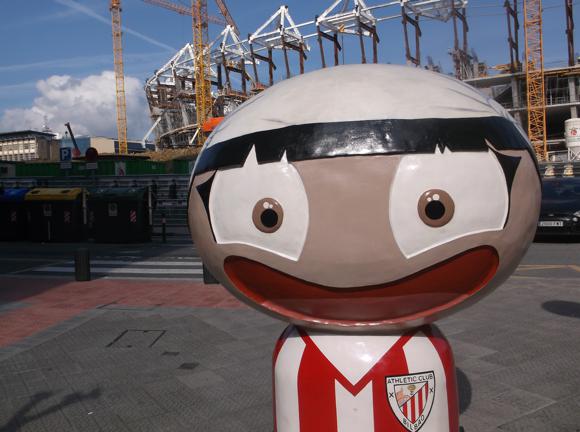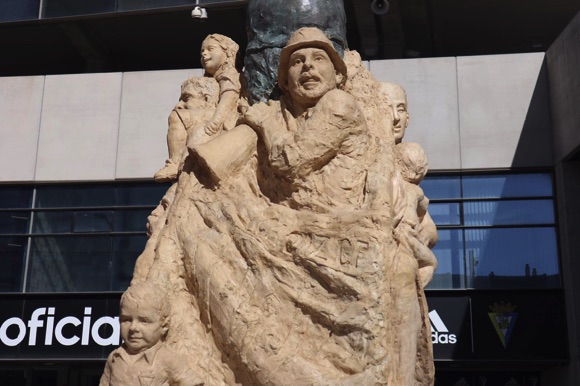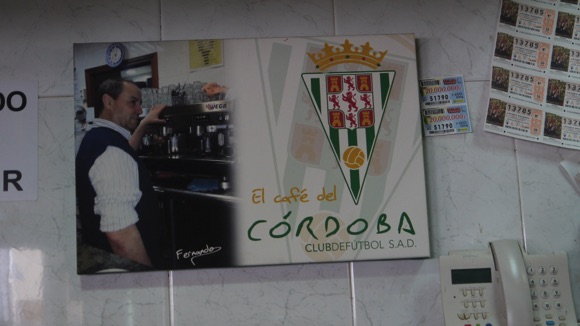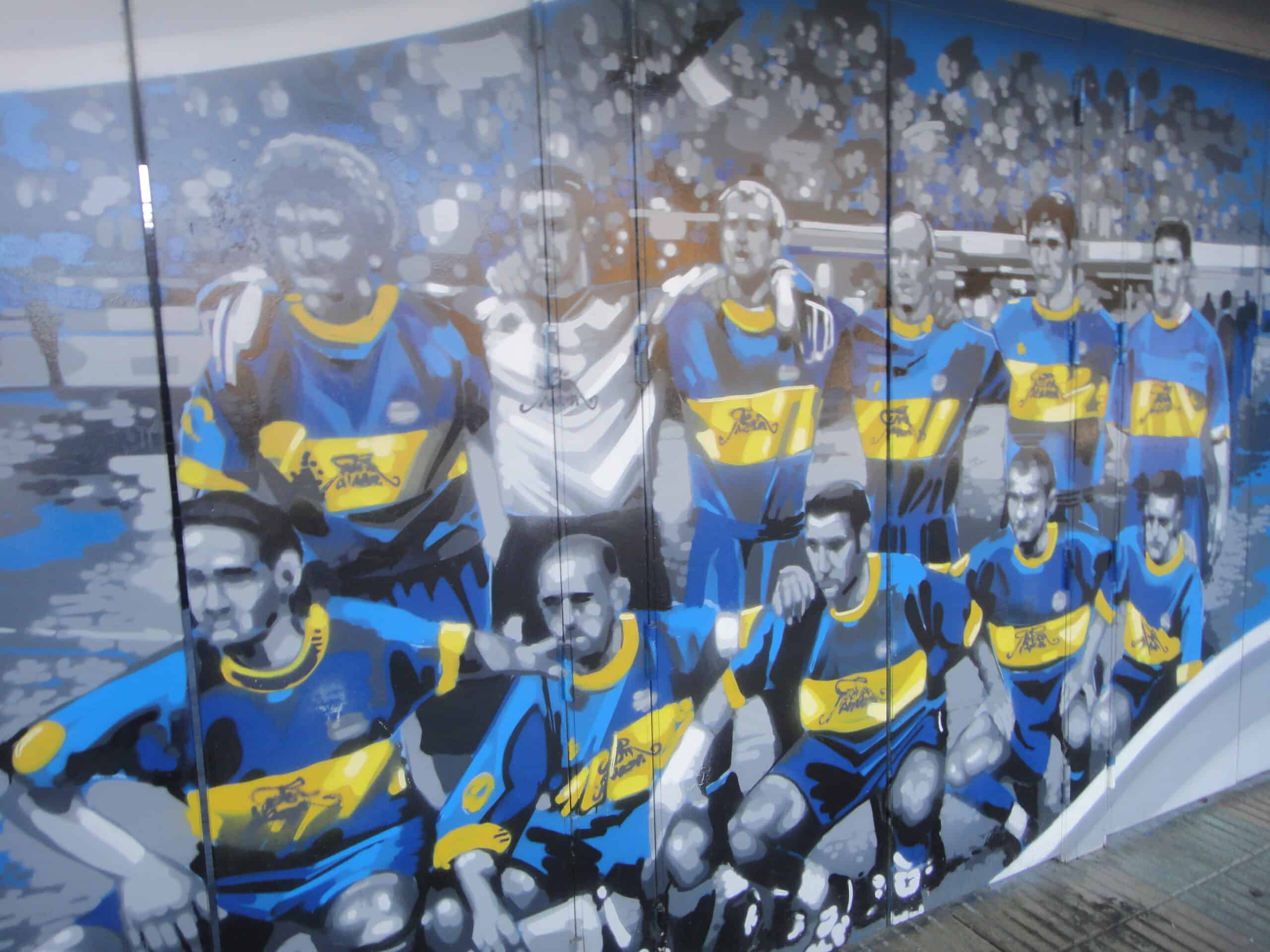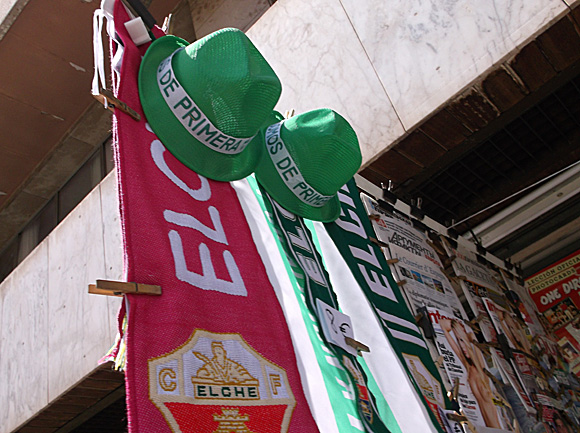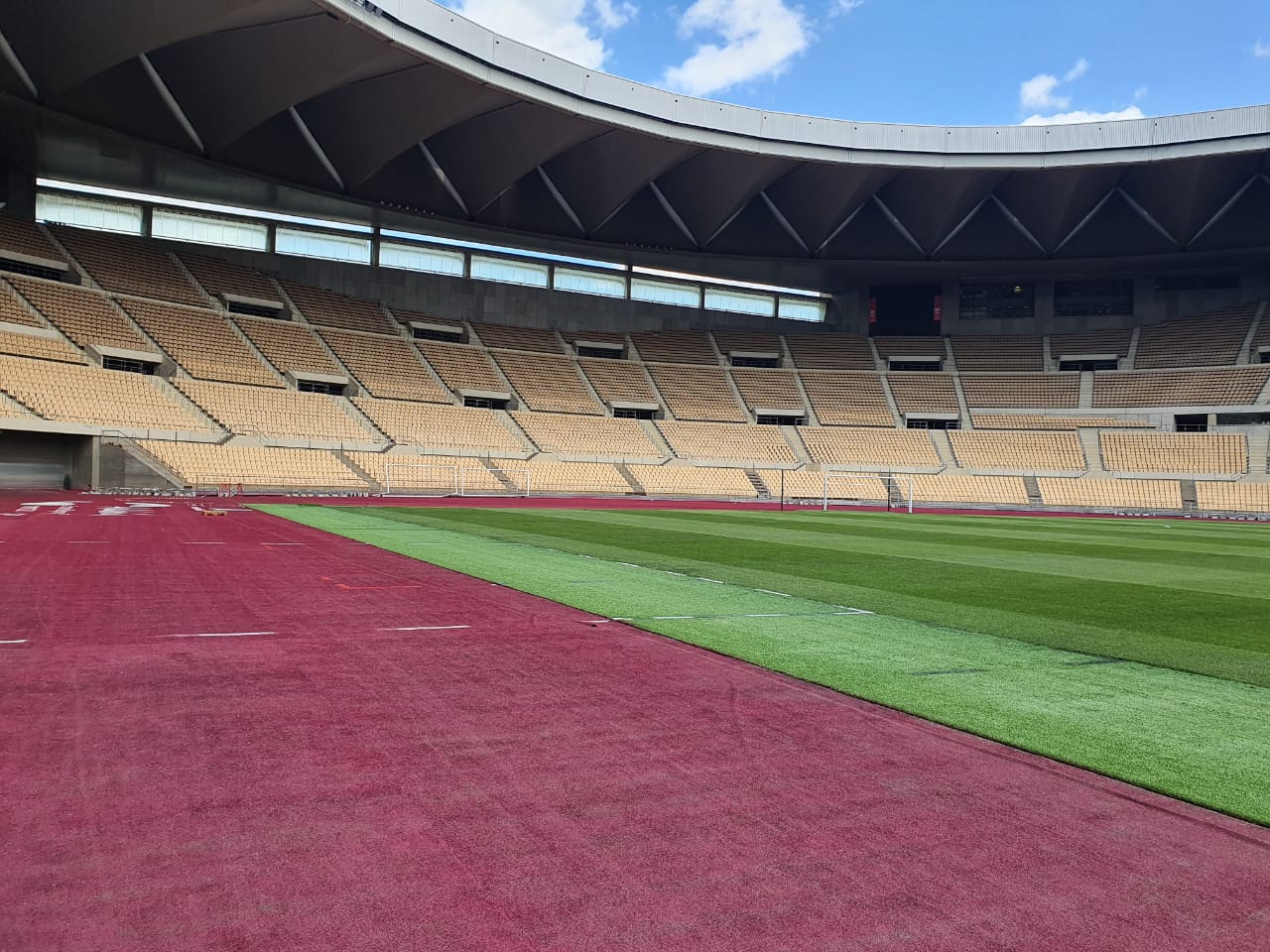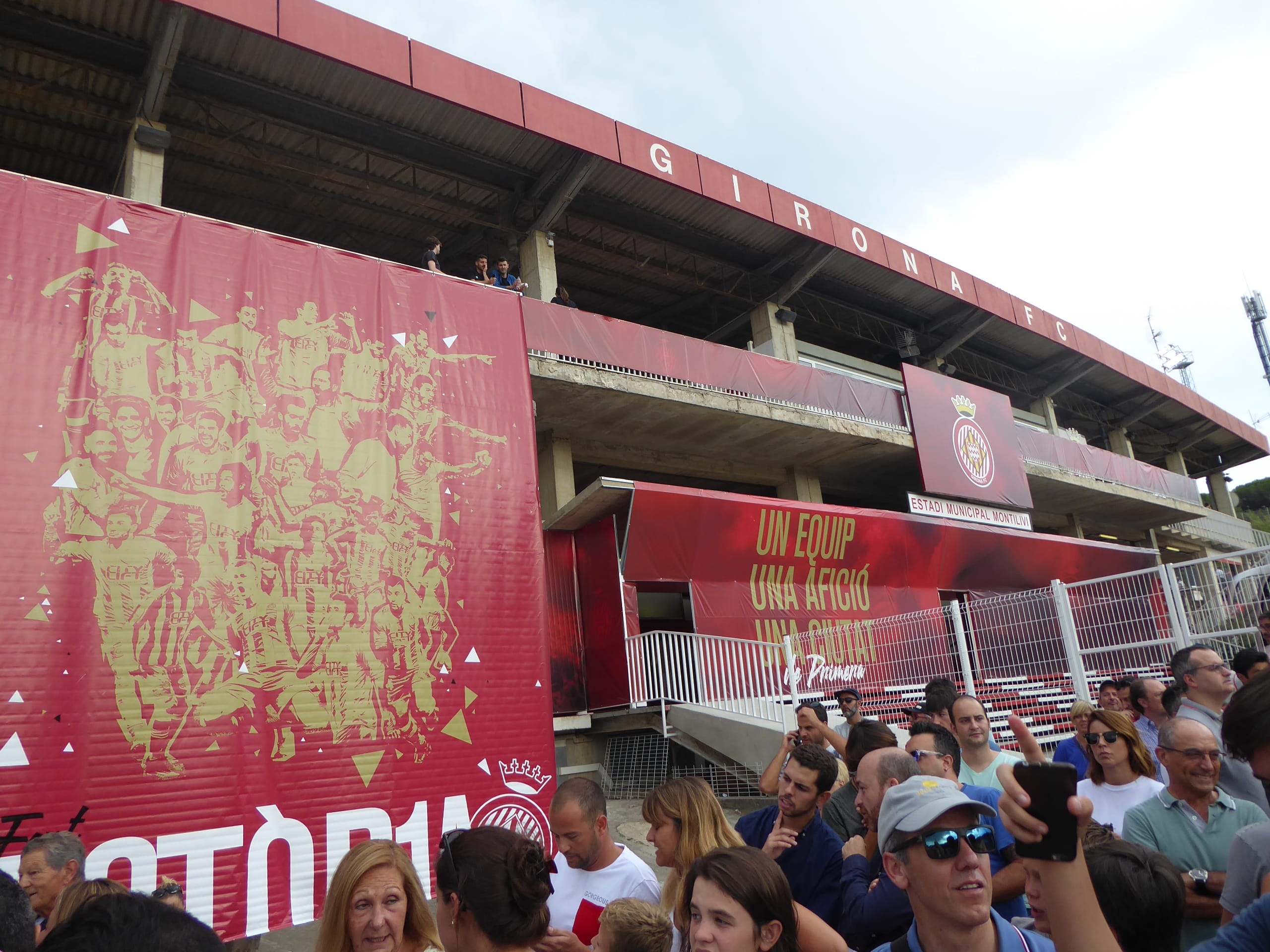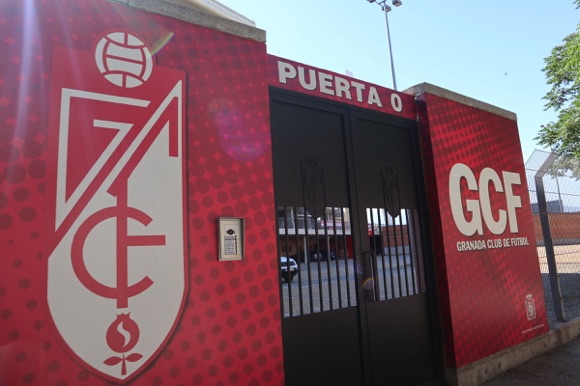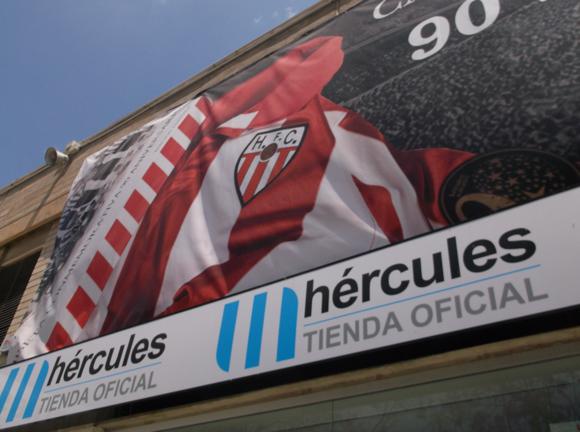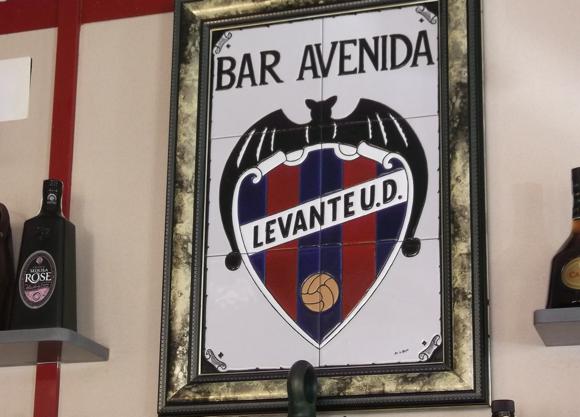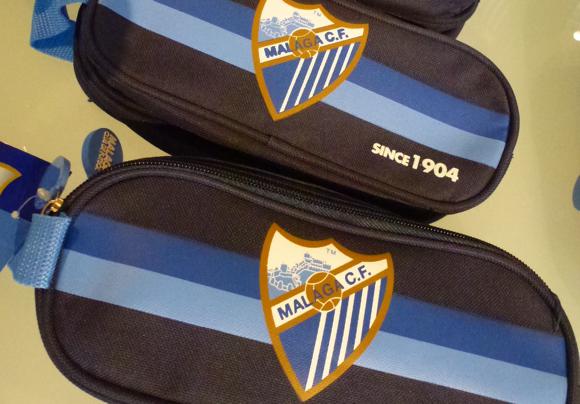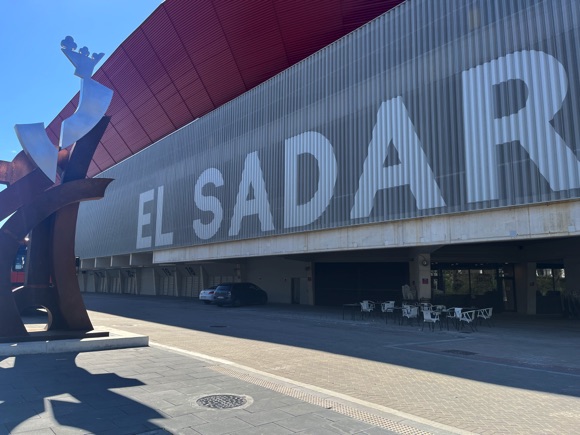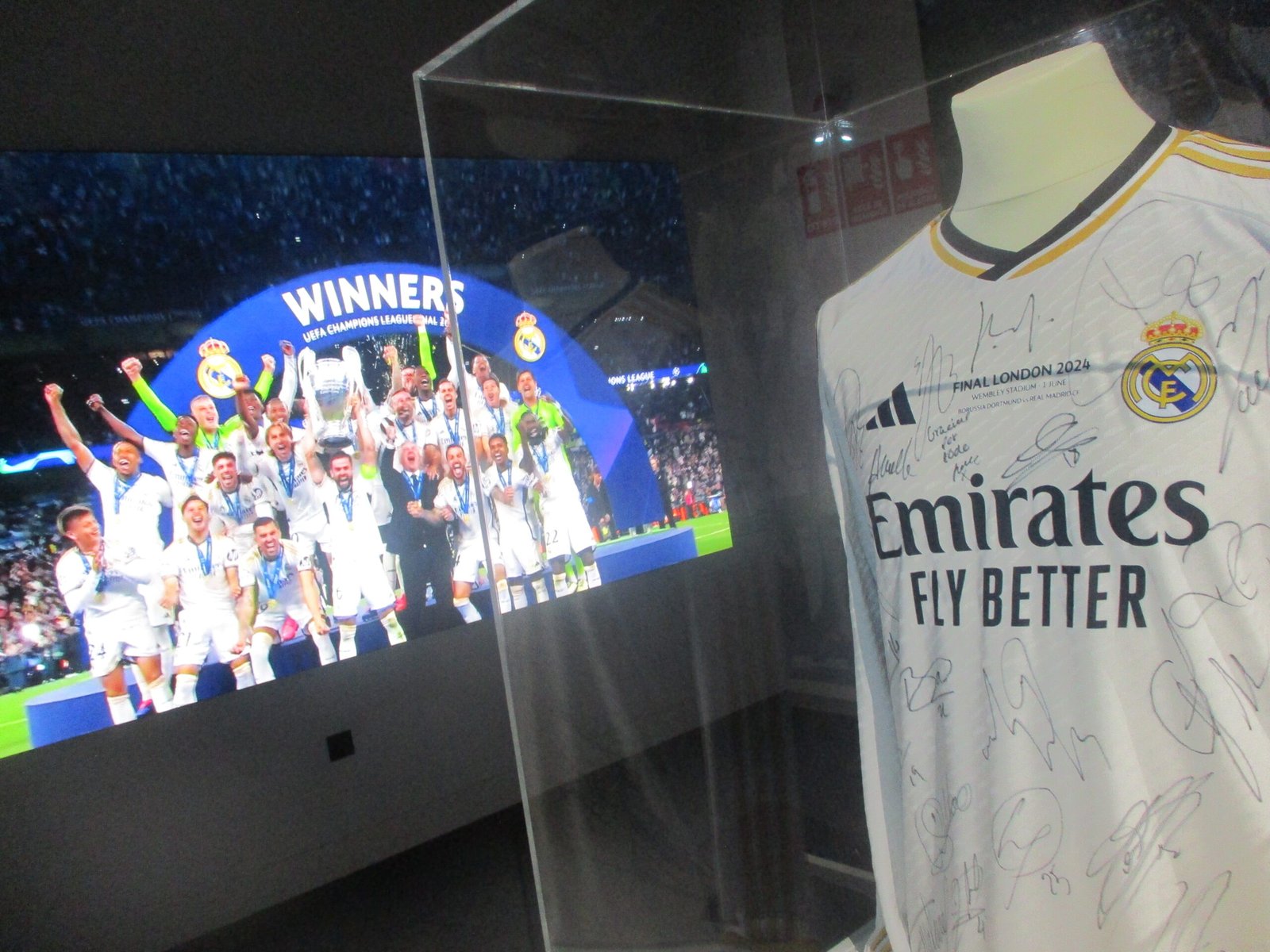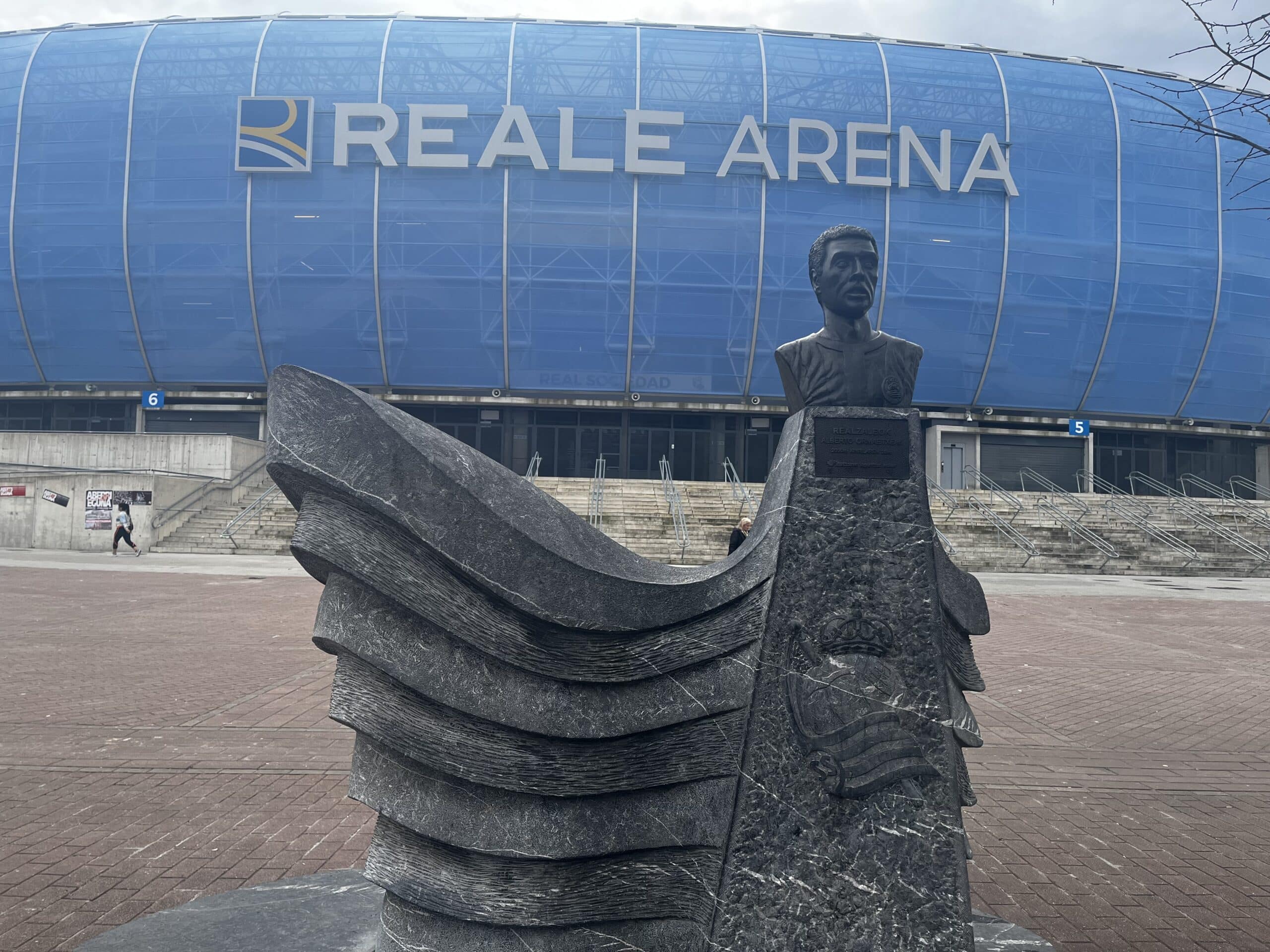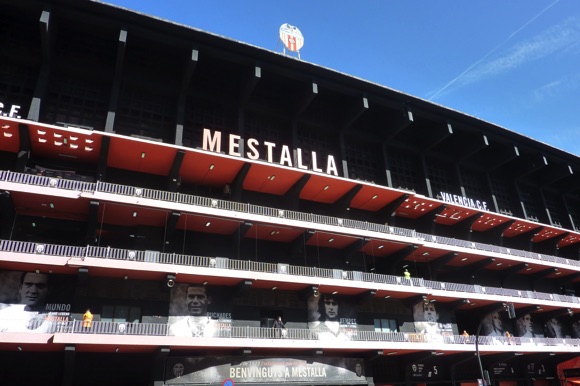A fan’s guide – the club from early doors to today
With a history dating back to 1905 and one of the most loyal (and so far unrewarded) fan bases in Spain, Sporting Gijón are one of the most revered clubs in the Spanish game.
Promoted to La Liga in 2015, relegated in 2017, Sporting have only had one brief moment in the sun, (mainly) under Vicente Miera in the late 1970s and early 1980s. Reaching the final of the Copa del Rey in successive seasons, Sporting also finished above Barcelona to take runners-up spot in La Liga in 1979.
European campaigns were brief, and since then the club’s many followers – Sportinguistas – have only had relegations to mourn and rare promotions to celebrate.




Having established themselves as the prime team in the Asturias, dominating the regional championship over local rivals Oviedo from 1916 onwards, Sporting first made the top flight in 1944. Goals from the prolific Cholo Dindurra, returning to Sporting from Oviedo, kept Gijón in La Liga for four straight seasons.
Gijón’s next notable goalgetter was their greatest: Quini. Arriving from the little Asturian club of Ensidesa in 1968, through the 1970s Oviedo-born Quini delivered goals by the bucketload. Sporting enjoyed their most continuous spell in La Liga, reaching second place in 1979 and third in 1980. That was when Barcelona nabbed the prolific Asturian, but Sporting continued to flourish, picking up when Quini returned in 1984.
Free-scoring centre-back Antonio Maceda and stalwart left-back Cundi were other key members of the most successful side to regularly grace El Molinón, Sporting’s home since 1908.

Extended to house 40,000-plus for West Germany’s games at the 1982 World Cup, El Molinón saw creditable league campaigns and European action – Milan, Partizan Belgrade, Steaua Bucharest – over the next decade. As Quini bowed out, so attacking midfielder Joaquín came to the fore.
With David Villa just breaking through from the club’s academy, so Sporting dropped down to the Segunda in 1998 and would stay there for ten long years. The man who got them back up, Manuel Preciado, was a chain-smoking motivator and champion of the underdog, who then kept Sporting up despite an intense war of words with José Mourinho. Preciado’s sudden death at 54 united Spain’s football community – his statue stands behind El Molinón.
Former Sporting and Barcelona centre-back, Gijón-born Abelardo Fernández, rose through Sporting’s coaching team to become first-team coach in 2014. With bullish striker Miguel Guerrero and Iván Cuéllar outstanding in goal, Gijón rarely drifted out of the Segunda top four in 2014-15 and just pipped Girona on the last day by the narrowest of margins.

Cash-strapped even during their promotion campaign, Gijón were prevented from making any key signings before their return to the Primera due to non-payment of players. Sheer grit by Abelardo’s men kept Gijón up during that first season back but the writing was on the wall when the coach left halfway through the disastrous 2016-17 campaign.
Former Valencia star Rubén Baraja took Sporting to the play-offs in their first season back in the Segunda but Gijón were well beaten by Valladolid. As form slipped and finances dwindled, Sportinguistas feared the worst – Gijón had never played outside the top two divisions – but the return of Abelardo towards the end of 2021-22 saved the day.
With another season in the Segunda to look forward to in 2022-23, Mexican backers Orlegi bought the club in the close season, well aware of its potential and fan base.
Stadium Guide
The field of dreams – and the stands around it






Spain’s oldest football ground, Sporting’s El Molinón has been hosting games since 1908. Set at the far end of the Parque de Isabel la Católica, beside the narrow River Piles, it was once the site of a large windmill, hence molinón.
After staging its first showcase fixture between Sporting and Basque football pioneers, the Arenas Club de Getxo, in 1917, it held the Spanish Cup Final of 1920 between Barcelona and Athletic Bilbao. Bought by Sporting in 1924, it later passed into local government hands and was gradually improved to become Spain’s first all-covered stadium in 1969.
Expanded to 45,000 capacity for the 1982 World Cup, El Molinón became all-seated in 1998. Capacity has since crept back up to 30,000.
Sporting fans gather behind each goal, Norte close to the river, and Sur, home of the hard-core Ultra Boys. Visiting supporters are generally allocated a corner of either. Oeste runs along the sideline, as does Este.
getting there
Going to the stadium – tips and timings
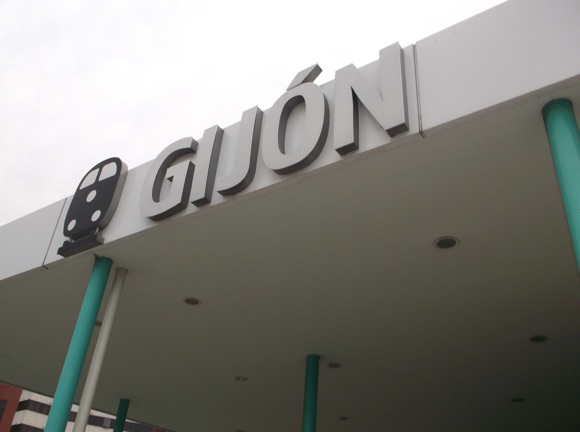

El Molinón has its own stop on lines 1 and 10. For each (every 10-20min), from downtown departure points such as Reconquista (line 1) or L’Humedal (line 10), the bus stops at nearby Les Mestes on its way to the Hospital de Cabueñes – on the way back, it’s El Molinón. The infrequent, weekend-only 26 also runs the same route on its way to or from Deva.
Leave enough time, and the ground is a pleasant walk along the seafront – turn right when you get to the canal-like River Piles and walk alongside it, down Avenida del Molinón.
There’s also a taxi rank by the bus stop – expect to pay about €6-8 to get back downtown after the game.
getting in
Buying tickets – when, where, how and how much

Despite Sporting’s Segunda status, crowds are reasonable at El Molinón, although the only time availability is an issue is for the Asturian derby with Oviedo.
The club distributes online, at the stadium ticket office (Mon-Fri 10am-1.30pm, 5pm-8pm, Sat 11am-1.30pm, 5pm-8pm, match-day Sun from 11am) behind the Tribuna Oeste and at the Tienda Centro (Mon-Fri 10am-1.30pm, 5pm-8pm, Sat 11am-1.30pm), the club shop in town at Calle San Bernardo 20.
For most fixtures, expect pay around €25-€35 in the Tribunas Este and Oeste, and €20 behind the goals in the Sur and Norte.
what to buy
Shirts, kits, merchandise and gifts


By gate 1 of the Tribuna Oeste, all manner is red-and-white paraphernalia is available at the Tienda Oficial (Mon-Fri 10am-1.30pm, 5pm-8pm, Sat 11am-1.30pm & 2hrs before kick-off).
There’s a smaller downtown outlet at Calle San Bernardo 20 (Mon-Fri 10am-1.30pm, 5pm-8pm, Sat 11am-1.30pm), a short walk from the Plaza Mayor.
The red-and-white striped shirt for 2022-23 has the usual lighter blue trimmings, including the v of the collar. Second kit is the unwise combination of black with lime sleeves. There are also branded sunglasses for Gijón beach, USB sticks in the form of the club badge and great eco-friendly tote bags showing the sights of the city with the stadium in the spotlight.
tours & Museum
Explore the club inside and out


Spanish-language tours of El Molinón (Wed-Fri 10.30am, noon, 4pm & 5.30pm, Sat 10.30am & noon, summer holidays Mon-Fri 10.30am, noon, 4pm, 5.15pm, 6.30pm, Sat 10.30am & noon) also include a visit to the Espacio Quini, a space dedicated to Gijón’s greatest ever player. Otherwise, it’s the usual look at the dressing rooms, players’ tunnel, pitch and press area. Admission is €11, €7 for 4-12s.
Contact elmolinontour@realsporting.com for details. The club also runs an escape room, if that’s of more interest.
Where to Drink
Pre-match beers for fans and casual visitors











Several outlets are built into the stadium, the best being Goal!!!, a tastefully themed Sporting bar/restaurant between gates 13 and 14 behind the home Sur end. Sponsored by Carling beer, it features classic moments from Sporting’s history on its tabletops, which spread over a large terrace outside. The walls are also plastered with old team line-ups down the decades. There’s a full menu, too, including pasta dishes, tapas and huge burgers.
Further round, at the corner of the Sul and Este stands between gates 13 and 14, Hat Trick is a more retro/American in style, with the accent on food.
Between the two, the more café-like Stadium has also been conceived in good taste, with football iconography from yesteryear on the walls, decent tapas and König Ludwig wheat beer.
If you’re here with the kids, Dock 39 is an activity centre with soft play, climbing and themed Sporting birthday parties for the little ones. Why can’t every stadium be like El Molinón?



